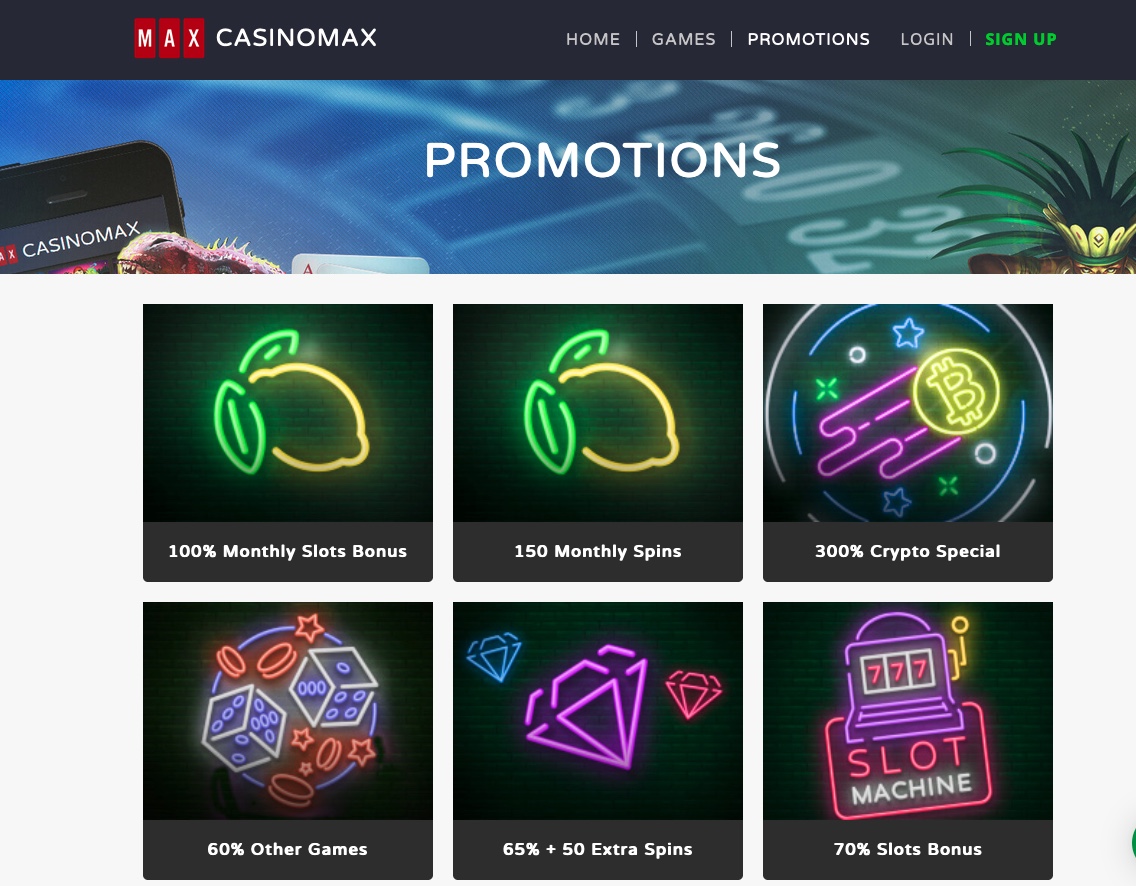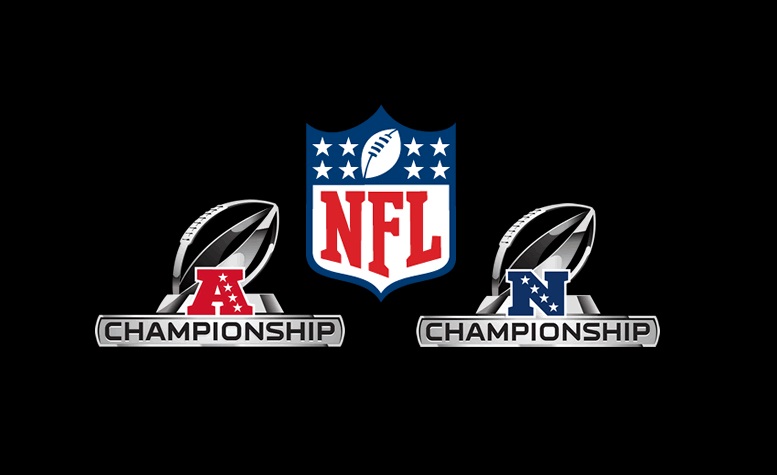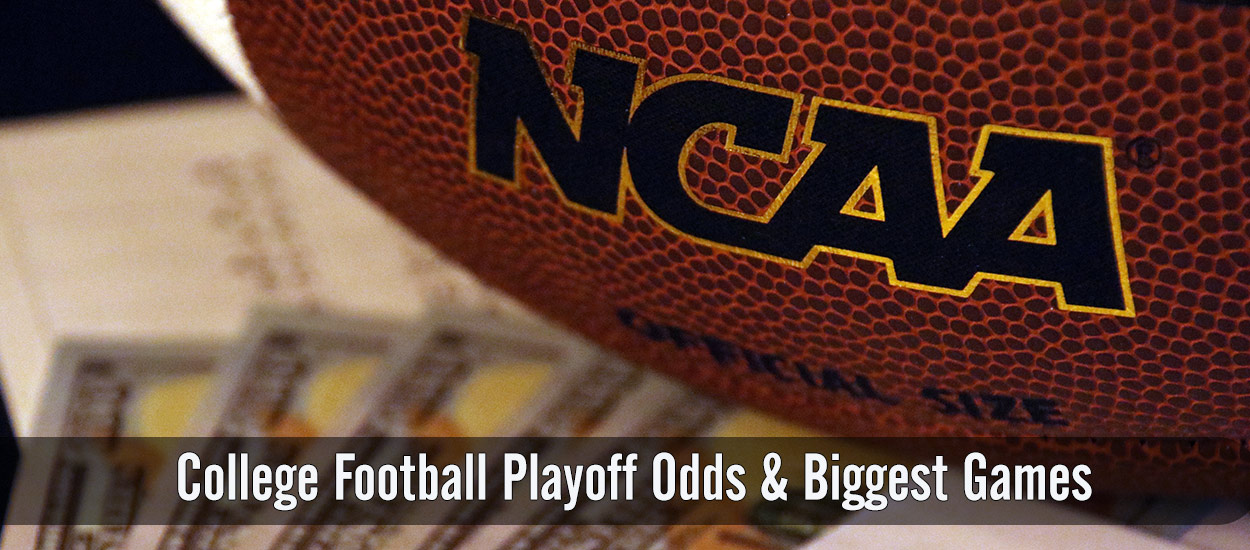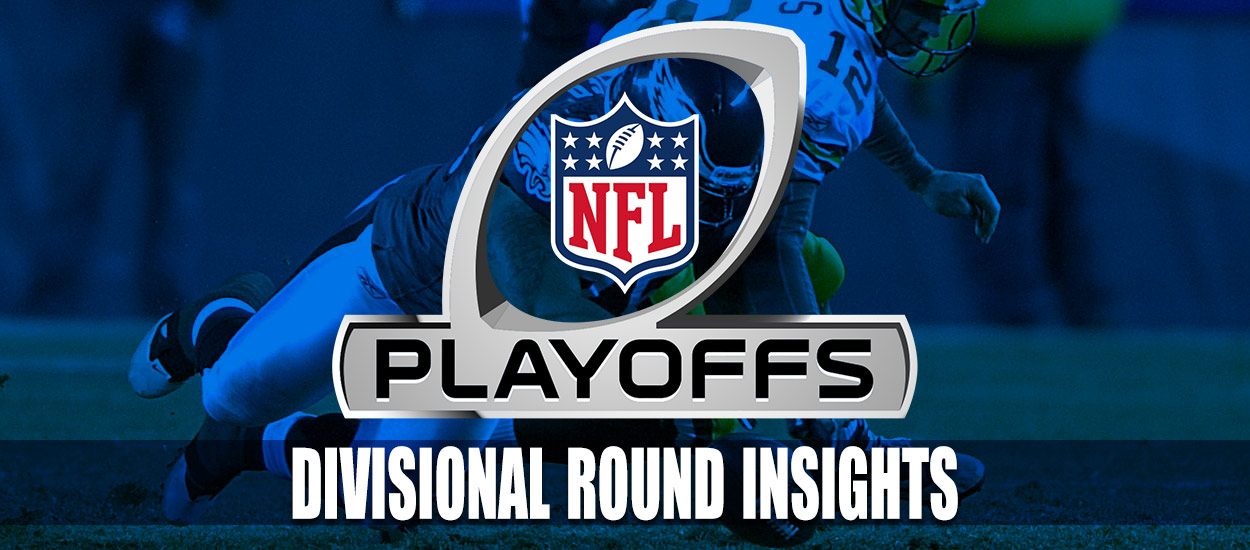On April 15, 2011, a date commonly referred to as “Black Friday†in the online gambling world, the FBI endicted numerous gambling companies and blocked access to their .com and .net domain names. The action gained quite a bit of media and industry attention and not surprisingly, the vast majority of that attention focused on Full Tilt Poker and PokerStars which were by far and away the largest poker sites in the world. But 2 other sites Absolute Poker and UltimateBet.net (which merged to become the Cereus Network) were also forced to shut off their operations to U.S. customers. The sites were attracting thousands of customers each day and were ranked as the 3rd leading poker sites catering to U.S. clients. However, like Full Tilt, Cereus did not segregate their post up funds and consequently were unable to pay back players when the FBI reopened their websites. Cereus attempted to offer its products to non Americans but realized there was not enough interest in their product and in May declared bankruptcy. The fate of customers has remained in limbo since.
To understand why Cereus has been unable to pay back players one needs to trace back the history of both Absolute Poker and UltimateBet.net. Absolute Poker was started in 2000 by four students who came up with a business plan to start an online poker company. The four saw the success of other gambling companies and believed they could come up with an even better product which would be poker only. The students (led by Scott Tom and Garin Gustafson) played poker regularly and figured they could design software that would appeal to both professionals and amateurs. 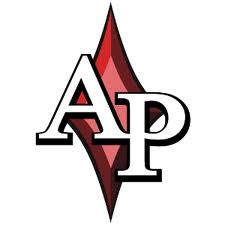 They attracted investors and in 2003 formed SGS Systems Inc. which incorporated in Belize and was the parent company of Absolute Poker. Absolute Poker ran from servers in Costa Rica and immediately due to a successful marketing campaign had a large amount of signups from American players. Things ran smoothly for the company until the UIGEA was passed as an adjunct to the Safe Port Act in September 2006. Realizing they could get in serious trouble as Americans operating a website in defiance of the UIGEA, the U.S. owners decided to shelter themselves from possible prosecution by effectively quitting as owners on paper but still getting dividends and payments behind the scenes. This was achieved by selling the operation to Tokwiro Enterprises (owned by former Kahnawake chief John Norton) for $1 million and moving the AP servers to the native reserve in Canada. As well they were given $250 million in promissory notes that were to pay a 12% annual dividend. As a former chief and creator of the Kahnawake Gaming Commission (KGC), the other owners were confident that any issues that would arise would be handled favorably by the KGC because of Norton’s status and they would be left alone. At the same time, to complicate the audit trail and ensure that they were never implicated SGS was dissolved and all shares were transferred to a shell company in Norway called Madeira Fjord whose sole purpose was to pay the 12% dividends. This was done first via Madeira Fjord’s subsidiary which was located on a tax-free island in Portugal. The tax free interest would then be sent back to Norway, taxed at a low rate and sent to the shareholders in the U.S. The trail was practically untraceable. At the same time the shareholders gave up their voting rights so they could say to any prosecutors that they were not owners in a gambling company if that concern ever arose.
They attracted investors and in 2003 formed SGS Systems Inc. which incorporated in Belize and was the parent company of Absolute Poker. Absolute Poker ran from servers in Costa Rica and immediately due to a successful marketing campaign had a large amount of signups from American players. Things ran smoothly for the company until the UIGEA was passed as an adjunct to the Safe Port Act in September 2006. Realizing they could get in serious trouble as Americans operating a website in defiance of the UIGEA, the U.S. owners decided to shelter themselves from possible prosecution by effectively quitting as owners on paper but still getting dividends and payments behind the scenes. This was achieved by selling the operation to Tokwiro Enterprises (owned by former Kahnawake chief John Norton) for $1 million and moving the AP servers to the native reserve in Canada. As well they were given $250 million in promissory notes that were to pay a 12% annual dividend. As a former chief and creator of the Kahnawake Gaming Commission (KGC), the other owners were confident that any issues that would arise would be handled favorably by the KGC because of Norton’s status and they would be left alone. At the same time, to complicate the audit trail and ensure that they were never implicated SGS was dissolved and all shares were transferred to a shell company in Norway called Madeira Fjord whose sole purpose was to pay the 12% dividends. This was done first via Madeira Fjord’s subsidiary which was located on a tax-free island in Portugal. The tax free interest would then be sent back to Norway, taxed at a low rate and sent to the shareholders in the U.S. The trail was practically untraceable. At the same time the shareholders gave up their voting rights so they could say to any prosecutors that they were not owners in a gambling company if that concern ever arose.
Unfortunately for Tokwiro and Absolute Poker, the 2 plus 2 poker forum identified a cheating scandal in 2008 whereby certain players such as POTRIPPER could see the hole cards of other players in tournaments. The proof of cheating was overwhelming and immediately the name of Scot Tom was all over the net accusing him of the cheating. The KGC started an investigation into the matter and concluded that the company which sold the product to Tokwiro had created superuser accounts which could see the hole cards of other players but then never bothered to delete those accounts. Whether Scott Tom was indeed involved in the cheating is unclear but he nonetheless became the whipping boy, which no doubt convinced the FBI to take a closer look at the whole operation. The company repaid over $6 million to players who were involved in the cheating, which ate away at company profits. Plus, the company lost a lot of players who didn’t trust the site. Apparently the shareholders were also worried that KGC would revoke their license because of the cheating, so Madeira Fjord secretly built duplicate software and created a second server in Panama. Madeira Fjord then shut off operations from its servers in Kahnawake, and reopened the duplicate server in Panama transferring the ownership to a new company, Blanca Games based in Antigua. It’s uncertain what role Norton played in this but chances are he was just glad to be rid of the headache and the KGC was happy to rid themselves of a company that was a blemish on their otherwise spotless record.
Meanwhile, the company was losing money and investors were unhappy about not getting dividends. The Norwegian government was also investigating Madeira Fjord for not paying taxes. So the shareholders decided at the beginning of 2011 to try and sneak out of Norway and sell the company to other possible investors. Then on April 15 the FBI effectively shut down the site. Needless to say the company had little cash on hand and didn’t segregate funds so they had no way of paying back players. They made a vain attempt to restart but seeing the tea leaves filed for bankruptcy in May. The case was handed to the courts in the Southern District of New York (which are also handling the Full Tilt and PokerStars cases) and what the DoJ discovered was a lot of similar scenarios as happened with Full Tilt. The company was losing money but the 4 original owners continued to get paid and were living high on the hog in Panama. As well, while not coming out and saying it directly, they implied that Absolute Poker was a ponzi scheme because dividends were paid to shareholders while the company was failing and unknown consultants were paid $18 million in fees. To make matters worse they were paying over 25% of all post up money developing ways to keep authorities from being able to track the nature of the business. So the DoJ ruled that the company was not only dishonest, but were also money laundering. The courts indicted Scott Tom and his brother Brent Beckley although to date they have been unable to bring them to the U.S. to face justice.
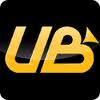 As for Ultimate Bet, it was a similar scenario. Without getting into great detail UltimateBet was started by a 2 tech experts Greg Pierson and Jon Karl in 1999 and became a fairly large site as it attracted high name players including Russ Hamilton and Phil Hellsmuth to come on board and offer their expertise and marketing skills. The main selling point of UltimateBet was its fraud and security software. So in 2004 the company was broken into 2 with the poker room being bought by a Canadian incorporated company called Excapsa while the non-gambling part of the company was maintained by Pierson and became known as iovation. Both Hellsmuth and Hamilton invested in iovation and numerous other companies including AbsolutePoker chose iovation for their security and fraud detection. Excapsa traded on the AIM and seemed ready to move to new heights until September 2006 when the UIGEA passed. Realizing it couldn’t operate as a publicly traded company in violation of a federal law Excapsa was sold to Blast Off Limited, a privately held company based in Malta the day before the UIGEA passed. In exchange for the assets, Excapsa was given $130 million in the form of $47 million cash and the rest in promissory notes. There was some concern expressed by the AIM about whether the sale was legal, so not long after, UltimateBet merged with Absolute Poker and was sold to Tokwiro Enterprises and run from the Kahnawake reserve. The company was then renamed the Cereus Poker Network.
As for Ultimate Bet, it was a similar scenario. Without getting into great detail UltimateBet was started by a 2 tech experts Greg Pierson and Jon Karl in 1999 and became a fairly large site as it attracted high name players including Russ Hamilton and Phil Hellsmuth to come on board and offer their expertise and marketing skills. The main selling point of UltimateBet was its fraud and security software. So in 2004 the company was broken into 2 with the poker room being bought by a Canadian incorporated company called Excapsa while the non-gambling part of the company was maintained by Pierson and became known as iovation. Both Hellsmuth and Hamilton invested in iovation and numerous other companies including AbsolutePoker chose iovation for their security and fraud detection. Excapsa traded on the AIM and seemed ready to move to new heights until September 2006 when the UIGEA passed. Realizing it couldn’t operate as a publicly traded company in violation of a federal law Excapsa was sold to Blast Off Limited, a privately held company based in Malta the day before the UIGEA passed. In exchange for the assets, Excapsa was given $130 million in the form of $47 million cash and the rest in promissory notes. There was some concern expressed by the AIM about whether the sale was legal, so not long after, UltimateBet merged with Absolute Poker and was sold to Tokwiro Enterprises and run from the Kahnawake reserve. The company was then renamed the Cereus Poker Network.
Not long after the Absolute Poker scandal an even bigger scandal was uncovered at UltimateBet with the same issue of the superuser accounts. It’s uncertain why both sites were compromised although most pundits believe the problem wrested with iovation since they were the fraud and security company for both sites. In the UltimateBet case, the KGC determined that there was sufficient evidence that Russ Hamilton was responsible for the cheating and that all the superuser accounts traced back to him, but unable to do anything to him in the U.S. Hamilton remains free today. 60 Minutes also featured a segment on both cheating incidents and implicated Hamilton as the man behind the majority of the fraud. Excapsa reimbursed the $15 million to Blast Off Inc. to compensate for the repayment demanded by the KGC. It appears that while Absolute Poker had duplicate servers created, the same wasn’t true for UltimateBet and the site never bothered to reopen after Black Friday.
That brings us to today. It was recently revealed that the courts in the Southern District of New York are seriously considering an offer made a few months back by Blanca Games to sell all its assets and use the proceeds to pay back American players of Cereus. It is also possible that if Tom and Beckley ever brought back to the U.S. fines against them could be used to pay back American players. The amount that will be generated by the sale of the assets is uncertain but industry insiders contend that players can expect between 15 and 20 cents on the dollar. Not surprisingly the software and computers, while valuable, have lost a lot of their worth after Black Friday.
To put one wrinkle into the equation, SubjectPoker.com has revealed that 8 poker pros and alleged victims of the UltimateBet scandal have brought forth a civil action against Excapsa Inc. claiming the settlement agreed to by the KGC was inadequate. Excapsa was renamed 6356095 Canada Inc and is no longer operating but it seems clear that the group is hoping to get some assets from the previous owners of Excapsa including Russ Hamilton, Greg Pierson and Jon Karl. The plaintiffs can’t sue a publicly traded bankrupt company but no doubt they were given some legal advice suggesting that the owners could be sued civily. Why the plaintiffs chose to sue Ultimate Bet but not Absolute Poker is unclear.
When the whole situation is finally resolved, the OSGA will keep former Cereus customers aware of their options.
Contact Hartley via email at Hartley[at]osga[dot]com.
Read insights from Hartley Henderson every week here at OSGA and checkout Hartley's RUMOR MILL!















